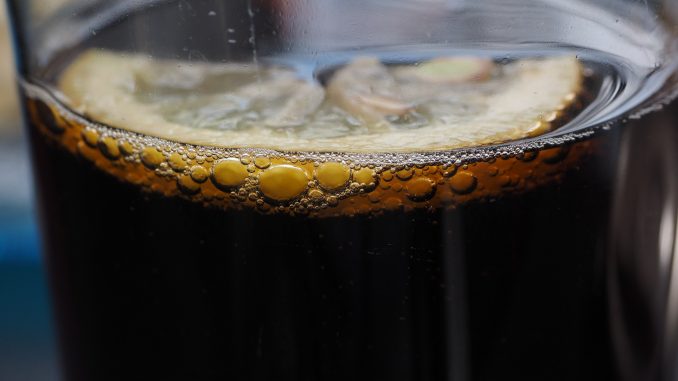
After just two months of the controversial soda tax being in place in Chicago, the decision has been made that it should be repealed. The one cent per ounce tax was introduced on 2nd August and was designed to raise additional funds and improve public health. After an ongoing legal fight between the soda industry, politicians and public health groups, the outcome is a victory for soda companies. As of December 1st the tax will no longer be in place.
Why was the tax introduced?
The soda tax has been unpopular from the start. However, health groups keep insisting that the tax is essential in order to protect both children and adults from the health effects of consuming the high amounts sugar found in fizzy drinks. With the WHO figures showing that 20% of girls and 23% of boys in the US are obese, this tax was considered a step forward by many health experts. Residents argue that the purpose of the tax isn’t to protect the public from obesity and other health conditions.
According to the lobby group “Can the Tax”, 90% of the residents of Cook County were against the tax being introduced. It’s thought that the tax was simply a money making scheme. The tax was designed to raise funds to reduce the government deficit in the state. Politicians are concerned that there will be problems in funding local services following the tax being repealed. Cook County President Toni Preckwinkle stated “A vote to repeal is a vote to reduce vital community investments”.
Opposition to the tax
The news to repeal this tax comes after months of legal battles between public health groups and the fizzy drinks companies. Millions has been spent on advertising, political contributions and lobbyists by groups who are opposed to the tax. Plans to extend this tax to other parts of the country are now uncertain. Following a similar defeat earlier in the year in Santa Fe, NM, the idea of a national soda tax seems to be losing some of its momentum.
There have been legal problems with the tax from the start which caused a lot of delays. The original plans were to aim the tax at distributors, and then the extra cost would be passed onto the consumers. However, it was discovered these plans were illegal as the soda tax would be subject to an extra sales tax. The revised proposal was to add the tax at the point of sale, which seemed to cause problems as well. Local governments are not allowed to tax items that are paid for with food stamps, meaning that 870,000 consumers didn’t have to pay it at all.
The repeal of the tax is considered a big win for the majority of residents, as well as for the soda industry. However it’s causing concerns among public health groups, as well as political groups who will now have to find the funds needed to reduce the deficit elsewhere. Although the decline in sales lead to less money being raised than was predicted, it’s argued that it still made a difference in helping to fund local services.


Leave a Reply